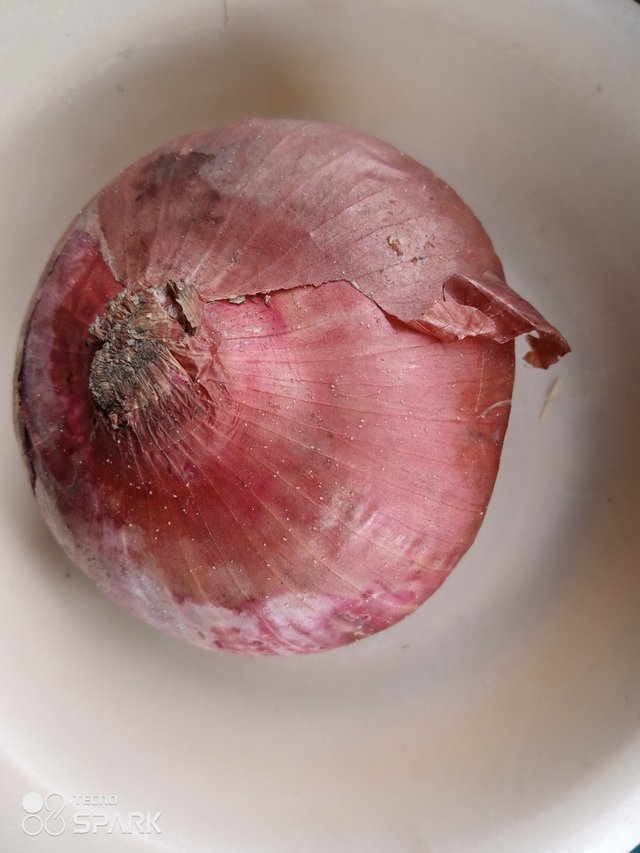
Onions
.jpeg)

Introduction to Onion
Onion is a common household vegetable that is cultivated widely all throughout the world. It is broadly used in the food industry for its aromatic and nutritional properties. It is native to Southwest Asia and it belongs to the family "Liliaceae" (scientific name- Allium cepa). Onions are mainly found in temperate regions. They are a versatile ingredient that is often used in many dishes and it is generally accepted by almost all the different cultures and traditions. They are extensively used in the preparation of savory dishes.
The review also highlighted gaps in the research to date. The authors suggested that onions and other allium vegetables do not prevent cancer in isolation but work in tandem with other lifestyle factors to reduce the risk.
They also advised that while research has revealed some associations between allium vegetable consumption and reduced cancer risk, the amount that a person needs to consume to get the maximum benefit is not yet clear.
Onion belong to the Allium family of plants, which also includes chives, garlic, and leeks. These vegetables have characteristic pungent flavors and some medicinal properties.
Onions vary in size, shape, color, and flavor. The most common types are red, yellow, and white onions. The taste of these vegetables can range from sweet and juicy to sharp, spicy, and pungent, often depending on the season in which people grow and consume them.
Farmers have cultivated allium vegetables for centuries. It is common knowledge that chopping onions causes watery eyes. However, onions may also provide potential health benefits. These may include reducing the risk of several types of disease, improving mood, and maintaining skin and hair health.
Benefits
Onions might have positive effects on several different aspects of health.
Cancer prevention
Researchers have examined allium vegetables extensively in relation to cancer, especially stomach and colorectal cancers.
"A 2019 study in the Asia Pacific Journal of Clinical Oncology compared 833 people with colorectal cancer with 833 people who did not have the disease.
The researchers found that the risk of colorectal cancer was 79% lower in those who regularly consumed allium vegetables, such as onions.
Experts do not fully understand the exact mechanism by which some compounds in onions inhibit cancer. Some hypothesize that onions inhibit tumor growth and cell mutation.
One cup of chopped onions also provides at least 13.11%Trusted Source of an adult’s recommended daily intake of vitamin C. As an antioxidantTrusted Source, this vitamin helps counter the formation of free radical compounds that have links to cancer.
One review from 2015Trusted Source found a general relationship between an increased consumption of allium vegetables and a reduced risk of cancer, especially cancers of the stomach and gastrointestinal tract
The authors note that there are compounds called organosulfurs in onions, some of which suppressed aspects of tumor growth. However, they conclude that not all organosulfurs have antioxidant properties.
Further research is necessary to confirm which compounds in onion have protective effects against cancer.
The review also highlighted gaps in the research to date. The authors suggested that onions and other allium vegetables do not prevent cancer in isolation but work in tandem with other lifestyle factors to reduce the risk.
They also advised that while research has revealed some associations between allium vegetable consumption and reduced cancer risk, the amount that a person needs to consume to get the maximum benefit is not yet clear."
You've written well, onion helps a lot in bodybuilding.
Downvoting a post can decrease pending rewards and make it less visible. Common reasons:
Submit
Wow, i have actually learnt a lot from you regarding onion. Thank you so much
Downvoting a post can decrease pending rewards and make it less visible. Common reasons:
Submit